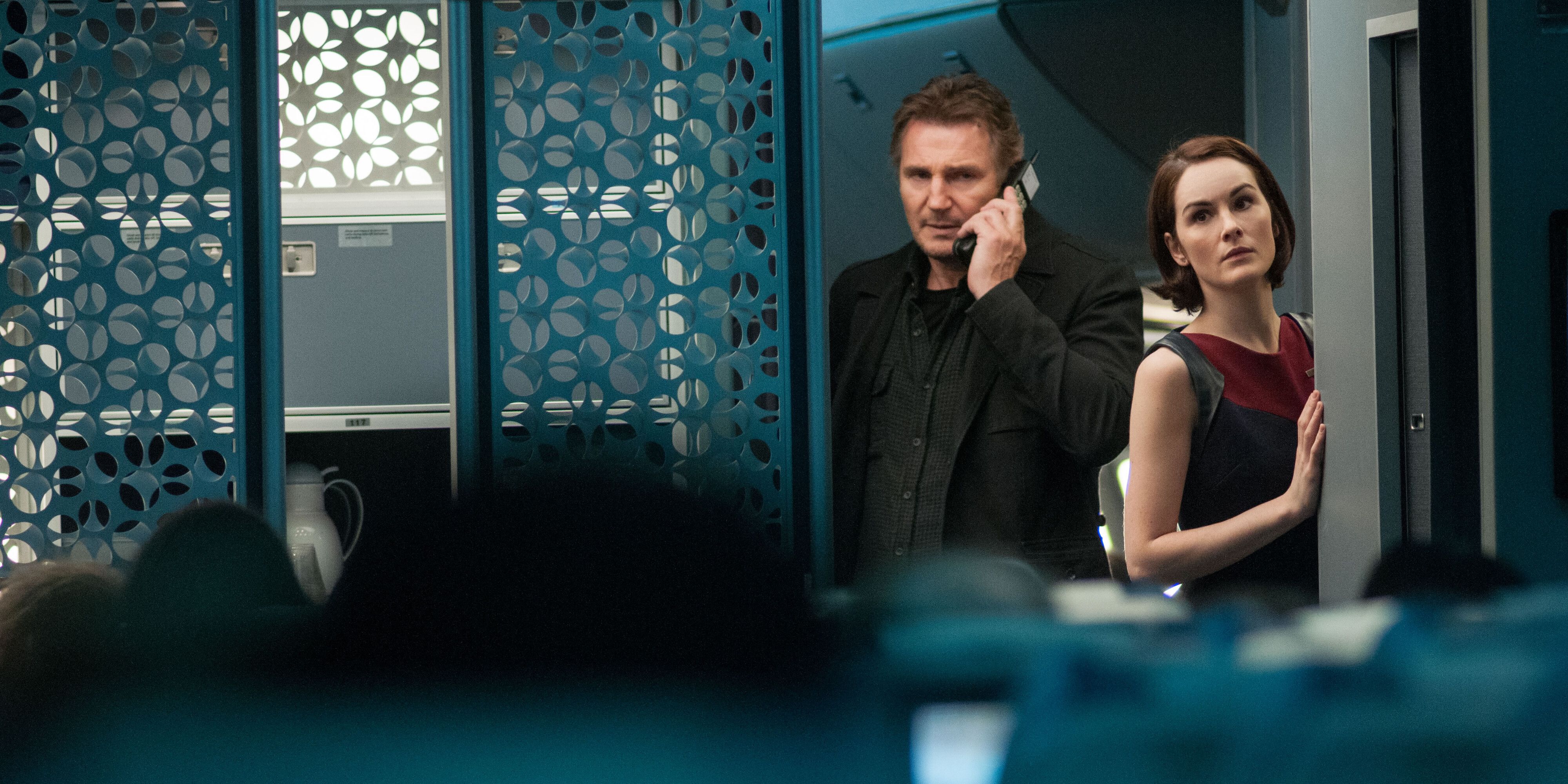Media Part said that Palestinian farmers in the West Bank have been suffering since the operation Al-Aqsa flood Last October 7, from increasing violence from settlers and the Israeli army, they are experiencing endless harassment, which begins with the confiscation of their lands, and does not end with the uprooting of their olive trees.
The site started – in a lengthy report written by Rashida Al-Azouzi – from the story of Raed Abu Youssef (55 years old), who was harassed by 10 settlers who were the age of his children, and insulted him through a loudspeaker while he was picking grapes from his land near their settlement. He tried to ignore them, but they continued until they forced him to ” Respond to them with their logic,” and he was punched in the jaw, before the army arrived, which calmed the settlers and promised the Palestinian farmer to facilitate filing a complaint.
But the army did nothing, says Raed Abu Youssef; Because “he has the same mission as the settlers. To prevent us from living. They want to push me to the extreme, until I give up my piece of land near the colony and evict myself. Because whoever does not cultivate his land for 3 years, it can be seized and declared state property by the Israeli administration, which is based An Ottoman law dating back to 1858.
Unfair sharing of resources
Like Raed Abu Youssef, Mustafa Hammad (30 years old), the mayor of Farkha, who called his agricultural cooperative “The Land is Ours,” describes other massive confiscation mechanisms, saying, “They close your land for security reasons, especially in Area C, which is under full Israeli control.” “Or they tell you: ‘It’s a nature reserve, for example.'”
Therefore, he makes it his priority to “restore water and electricity to remote lands so they can be farmed, and never abandon them, otherwise the settlers will steal them.”
Mustafa Hammad talks about the “fraud” of the 1995 peace agreements, where the unfair sharing of groundwater resources in… West Bank“20% for the Palestinians and 80% for the Israelis,” with the average Palestinian consuming 60 liters per day and the Israeli 300, he added, denouncing, “We cannot dig wells without a license nor to a depth of more than 140 metres, while the settlers can dig them as they wish to a depth of 800 metres.” .
And between the balconies of his village, which has a population of 1,800 people and which he has been managing for two years, Mustafa Hammad says, “Our suffering has reached a new stage since last October 7, at a time when Israel is eliminating our people in GazaSettlers wreak havoc with impunity in the West Bank.”
Mustafa Hammad points from afar to an illegal settlement outpost, which has become a barracks under high protection, with civilians or heavily armed soldiers, cameras, and dogs, saying, “It begins with a mobile home and a tin shed, and ends up as a city with red roofs that includes thousands of residents, schools, and synagogues.” “They will deprive us of water, and prevent us from reaching our pastures and olive trees.”
Terror, famine and disease
According to Bakr Mustafa Hammad, thousands of hectares are currently targeted by settlers in the area. This man receives us on his land, where about 10 people are sitting with Muhammad and Abla, a couple dressed entirely in black. They are coming from Gaza, and are stuck in the West Bank, where the husband was allowed to leave. Gaza Strip to undergo surgery in Ramallah after months of hellish procedures, and his wife accompanied him, and their five children (aged between 15 and 26 years) remained under Israeli bombing, and were left to terror, famine, disease and death.
Muhammad does not have the strength to describe the pain inside him, and Abla talks about “torture” and learned that her children took refuge in a school. Raed Abu Youssef says, “How can the whole world watch the genocide of the Palestinian people and let it happen, as if our lives have no value, as if we are not human beings?” “.
Unspoken barriers
Among the grounds for discrimination are obstructing the freedom of movement of Palestinians, surrounding them with settlements, watchtowers, walls, barbed wire, checkpoints, and concrete blocks, and forcing them to get out of their cars for physical searches where they are asked to remove their clothes.
“Depending on whether you are Israeli or Palestinian, you do not have the same rights,” says Raed Abu Youssef. “We are subhuman if they do not deny our existence at all.”
Although many Israeli and international non-governmental human rights organizations denounce the “regime ApartheidThis, which aims to “maintain the control of one racist nationalist group over another,” says Bakr. “The matter has become worse since last October 7. They have blocked the small paths I use with piles of dirt.” In addition to the humiliation, it costs us time and a lot of diesel.”
Added to this weapon of the colonial project are many restrictions and administrative, military, legal and social violence, even in privacy, as Raed Abu Youssef has never lived with his wife and their three children, as she is a Palestinian from Jerusalem.
Raed says, “Israel deprived me of my family. If I go to live with them, I will lose my ancestral lands, because I can never cultivate them.” But if they come to live with him in Halhul in the West Bank, they will lose their “permanent resident” status in East Jerusalem.
For more than 20 years, Raed Abu Youssef has only seen his family on weekends and holidays, when he can reach Jerusalem, but he finally obtained a temporary identity card from East Jerusalemvalid for two years, is a recent and unstable payment intended for married couples over the age of 50, and he now travels by car, aided by his Israeli license plate and his blue eyes.
A ring broke
Since last October 7, testimonies relating to an agricultural world on high alert have multiplied from north to south in this land occupied by Israel since 1967, where nearly 3 million Palestinians live, and where more than 300 have been martyred since October 7. Lost at the hands of settlers or Israeli army soldiers.
He was informed, according to the office United nations For the Coordination of Humanitarian Affairs, the number of “incidents” between settlers and Palestinians in the West Bank has doubled since October 7.
Raed Abu Youssef believes that the matter is much more than that, and Bassem Abu Youssef says that he is living “the worst of the worst,” and that “a cycle was broken” with the arrival of the nationalist and extremist right to power in Israel, and the appointment of fanatics who are allies of the most violent settlers to key positions, Itamar Ben Gvir Minister of Internal Security, and Bezalel Smotrich, Minister of Finance and head of the colony’s planning authority.
Apartheid wall
Many Palestinians lost the olive crop, which is the mainstay of their economy. Because of the soldiers’ refusal to allow them access to their land, among them is Ziad Salah, who says, “They threatened me and my parents with uprooting the olive trees and vines if we returned. This year we were forced to buy olive oil, and we lost half of our grape production.” Among them is Sabira, who was subjected to harassment by the army. His grapes rotted on a plot of land adjacent to the separation wall, which he calls the “apartheid wall.”
In the face of this colonial grip, a kind of resistance had to be invented, so Raed Abu Youssef chose 20 years ago to establish the “Al-Sanabel” cooperative in order not to remain isolated, and “to give meaning and a future to protecting the land and existence of our people,” and his slogan is “Agriculture is resistance.”
Sanabel turns part of the grapes into pasteurized juice, and today it brings together 360 farmers and invests the profits in solidarity, so that it helps the population, finances a school, and buys school bags and notebooks. Raed Abu Youssef went to France to obtain financing and training with an agricultural food engineer in Nantes, and he also studied engineering. Agricultural machinery in Vichy and Montpellier.
Raed could have settled in France and escaped the occupation, but he preferred to return to succeed his parents who favored him, as he was the only male among their descendants, and because he was imprisoned for 16 years in the Negev desert during the first intifada, and he concluded by saying, “I became a hero… between the ages of 16 and 19 years, I was arrested 12 times.” But he blames the French, “My people are being subjected to genocide… Why do you find this description exaggerated?”





